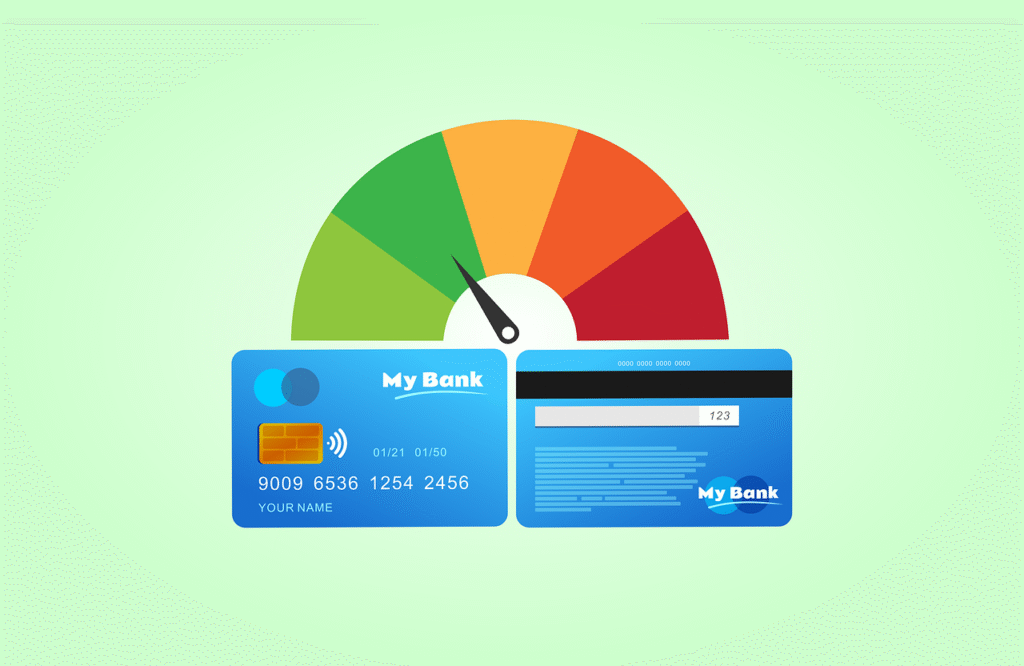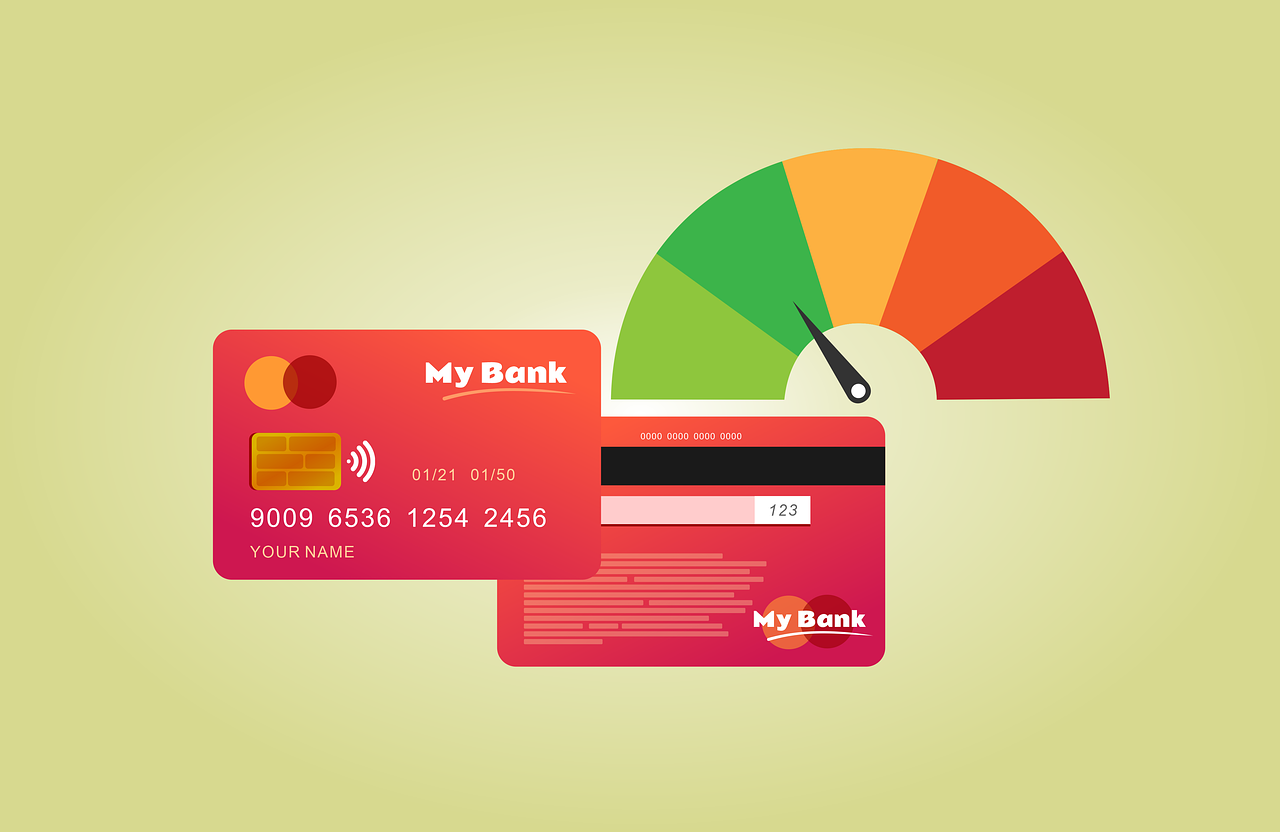When applying for a loan, mortgage, or even a new phone contract, your creditworthiness often plays a decisive role. In the United States, the FICO Score is the most widely recognized credit scoring model. But what about in the European Union? Is the FICO score relevant, and if so, what factors influence it within the EU?
In this article, we’ll explore the origins and purpose of the FICO score, how it functions across the EU, what affects your credit score, and how consumers and businesses can manage their financial reputation effectively.
What Is a FICO Score?
The FICO Score is a three-digit number ranging from 300 to 850 that represents a person’s credit risk. Developed by the Fair Isaac Corporation, it predicts how likely a person is to repay borrowed money based on historical credit behavior.
While it originated in the United States, FICO has expanded its services globally, and variations of its scoring model are increasingly used in European markets, particularly in international banks and credit bureaus that operate across borders.
That said, in most EU countries, the term “FICO score” might not be commonly used among consumers. Instead, national credit bureaus and scoring systems dominate, but they often use a similar methodology or are partnered with FICO in background analytics.

Is the FICO Score Used in the EU?
Yes—though not always under the name “FICO.” FICO works in partnership with:
- Experian (UK and Ireland)
- Schufa (Germany, integrated with FICO modeling)
- Equifax (Spain, Portugal, UK)
- CRIF (Italy, Slovakia, and other countries)
FICO’s EuroScore model is used by several financial institutions within the EU for internal risk assessments and cross-border lending, even if it is not disclosed directly to the consumer.
Why Does a Credit Score Matter?
Whether it’s FICO or a national variant, your credit score affects:
- Loan approvals (mortgages, personal loans, auto finance)
- Interest rates offered
- Credit card limits
- Apartment rentals or insurance premiums
- Business financing options
A high credit score can save thousands of euros over the course of a loan due to lower interest rates and better terms.

What Factors Influence Your Credit Score?
The FICO scoring model (and most EU credit scores) include the following weighted components:
| Factor | Description | Weight (approx.) |
|---|---|---|
| Payment history | On-time vs. late payments | 35% |
| Amounts owed | Total debt relative to credit limits | 30% |
| Length of credit history | Age of accounts | 15% |
| New credit | Number of recent applications | 10% |
| Credit mix | Variety of credit types (e.g., mortgage, card, loan) | 10% |
Let’s break each one down:
1. Payment History
Your record of paying bills on time is the most critical factor. Missed or late payments, especially on mortgages or personal loans, can damage your score significantly—even a single missed payment can linger on your report for years.
2. Amounts Owed
Also known as credit utilization, this refers to how much of your available credit you’re using. Experts recommend keeping this below 30%. For instance, if you have a €10,000 credit limit, using more than €3,000 regularly can negatively impact your score.
3. Length of Credit History
Longer credit histories help build trust with lenders. A person with multiple 5–10-year-old accounts will typically have a better score than someone with only recent accounts.
4. New Credit Inquiries
Applying for new loans or credit cards can lead to hard inquiries, which may temporarily reduce your score. Frequent applications signal potential financial stress and risk.
5. Credit Mix
Lenders like to see a healthy combination of different credit types. For example, having both a car loan and a credit card shows you can manage diverse credit obligations.

Country-Specific Notes in the EU
Germany (Schufa + FICO partnership)
- Uses a proprietary Schufa score system that incorporates FICO analytics.
- Lenders heavily rely on this when granting mortgages or mobile phone contracts.
France
- No centralized credit scoring agency; lenders use internal models.
- FICO EuroScore is used in corporate and cross-border lending.
Italy
- CRIF provides credit reports with a score similar to FICO.
- Widely used in personal and small business loan assessments.
Spain and Portugal
- Equifax is active here and uses models similar to FICO standards.
- Consumers have access to their credit reports upon request.
United Kingdom
- While no longer in the EU, still worth noting: Experian, Equifax, and TransUnion operate widely with FICO-based scoring models.
How to Improve or Maintain a Good Score in the EU
- Always pay on time – Automate payments if necessary.
- Keep credit usage low – Below 30%, ideally under 10%.
- Avoid unnecessary credit applications – Only apply when needed.
- Check your report regularly – Mistakes happen; dispute them.
- Maintain old accounts – Even unused ones help with credit age.
Is Business Credit Scored the Same Way?
Not exactly. Corporate or SME credit scoring often uses a blend of:
- Business revenue and profitability
- Payment behavior to suppliers
- Owner’s personal credit score (especially for small businesses)
- Legal history and sectoral risk
FICO offers SME scoring tools that banks across Europe use to evaluate small businesses, particularly those applying for loans or working capital.

The Future of Credit Scoring in the EU
With the rise of open banking and AI-driven analytics, the EU is moving toward more inclusive and accurate credit models. FICO is at the forefront of this with new initiatives focusing on:
- Alternative data (utility bills, rent payments)
- Behavioral scoring using real-time transaction data
- Cross-border harmonization, especially in the Eurozone
As the credit landscape modernizes, transparency and fairness will be vital—offering both opportunities and challenges for fund managers, banks, and consumers alike.
Final Thoughts
Understanding your credit score—be it a FICO score or its EU equivalent—is a fundamental step in managing your financial health. Whether you’re applying for a loan, expanding a business, or simply planning for the future, your score can open doors—or close them.
Keep informed, stay responsible, and regularly monitor your credit profile to ensure it reflects your true financial behavior.
For resources on launching your own finance-focused platform, or to manage customer data securely, visit Rakuzan.eu.
Need a powerful hosting solution for your finance, credit, or SaaS project? We recommend Hostinger.
Disclaimer: This article is for informational purposes only and does not constitute financial, tax, or investment advice. Readers should consult with a licensed professional before making any financial or business decisions.





